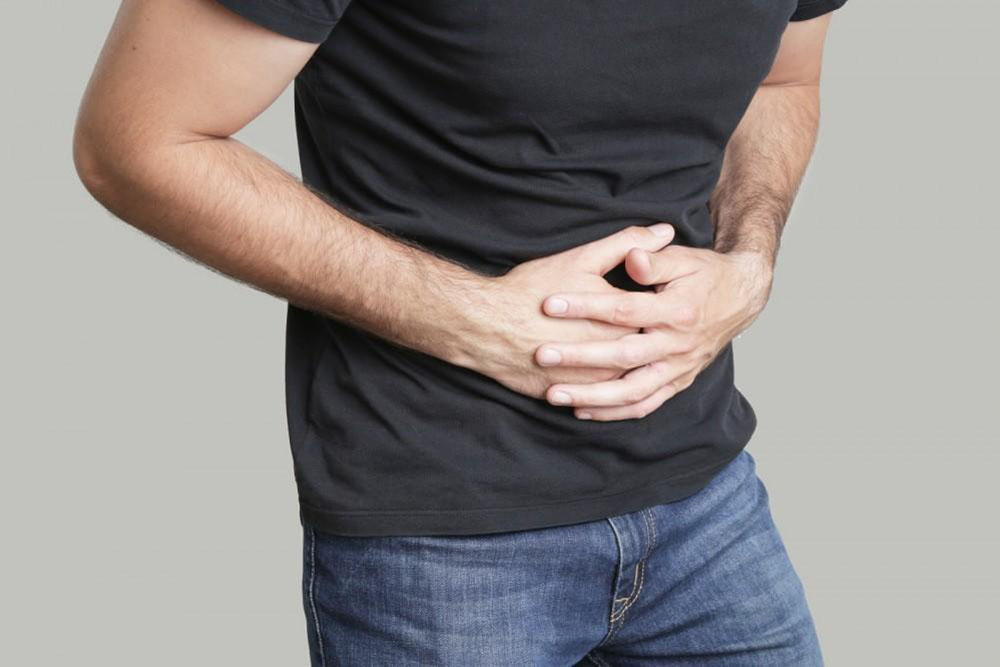What Is Irritable Bowel Syndrome Constipation?
IBS-C is a long-term digestive problem. It causes belly pain, gas, and trouble passing stool. People with IBS-C often feel bloated and have hard or infrequent bowel movements. While it's not dangerous, it can affect your daily life. With the right care, it can be managed.
Common Causes and Risk Factors
- Low fiber in the diet
- Slow movement of the gut
- Stress or anxiety
- Family history of IBS
- Hormonal changes (often in women)
- Past gut infections
Signs and Symptoms
- Fewer than 3 bowel movements each week
- Hard, dry, or lumpy stools
- Pain or straining when using the bathroom
- Gas, bloating, or belly cramps
- Sometimes switching between constipation and diarrhea
How Dr. Rishi Chadha Diagnoses Irritable Bowel Syndrome Constipation?
Comprehensive Medical History
Dr. Chadha begins by reviewing your symptoms, diet, stress levels, and family history to understand your digestive health.
Physical Examination
An abdominal exam checks for tenderness, bloating, and other physical signs of IBS-C.
Laboratory Testing
Blood and stool tests help rule out infections, inflammation, celiac disease, and thyroid issues.
Rome IV Criteria
He applies the Rome IV criteria-focusing on pain, stool frequency, and stool form-to confirm an IBS-C diagnosis.
Colonoscopy & Imaging (if indicated)
For patients over 50 or those with 'red flag- signs like weight loss or bleeding, Dr. Chadha may recommend a colonoscopy or abdominal imaging to exclude other conditions.
Frequently Asked Questions
What causes IBS-C?
A mix of diet low in fiber, slow gut movement, stress, hormonal changes, past infections, and family history of IBS.
Can diet alone fix IBS-C?
For many people, yes. A fiber-rich, balanced diet along with adequate fluids often provides significant relief.
What foods should I avoid?
Limit or skip trigger foods such as high-fat or fried items, caffeine, dairy if lactose intolerant, beans, broccoli, and fizzy drinks.
What's the difference between IBS-C and IBS-D?
IBS-C causes infrequent, hard stools and constipation, whereas IBS-D leads to frequent loose or watery stools.
How fast does IBS-C improve?
Many patients see improvement within 2 to 4 weeks when following a tailored plan of diet, lifestyle, and medications.
Are laxatives safe to use?
Short-term use of osmotic laxatives like polyethylene glycol is generally safe; long-term use should be supervised by a doctor.
Does stress make IBS-C worse?
Yes. Stress can slow digestion, increase pain, bloating, and worsen constipation symptoms.
Is IBS-C dangerous?
No. IBS-C is not life-threatening, but it can significantly impact daily comfort and quality of life.
Is exercise good for IBS-C?
Yes. Gentle activities like walking or yoga help stimulate bowel function and reduce stress.
When should I see a specialist?
If symptoms last more than 3 months, occur fewer than three times per week, or significantly affect your daily life, it's time to seek expert care.











